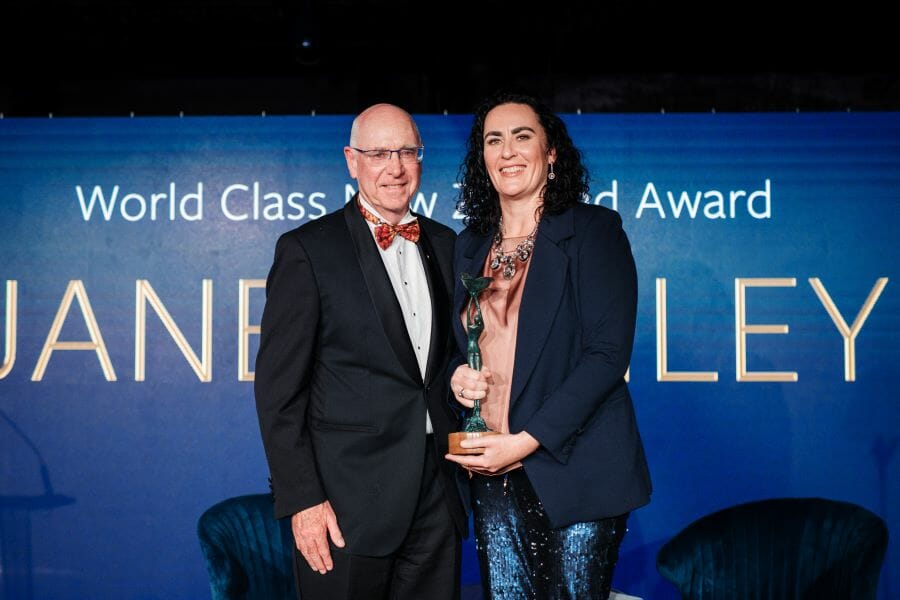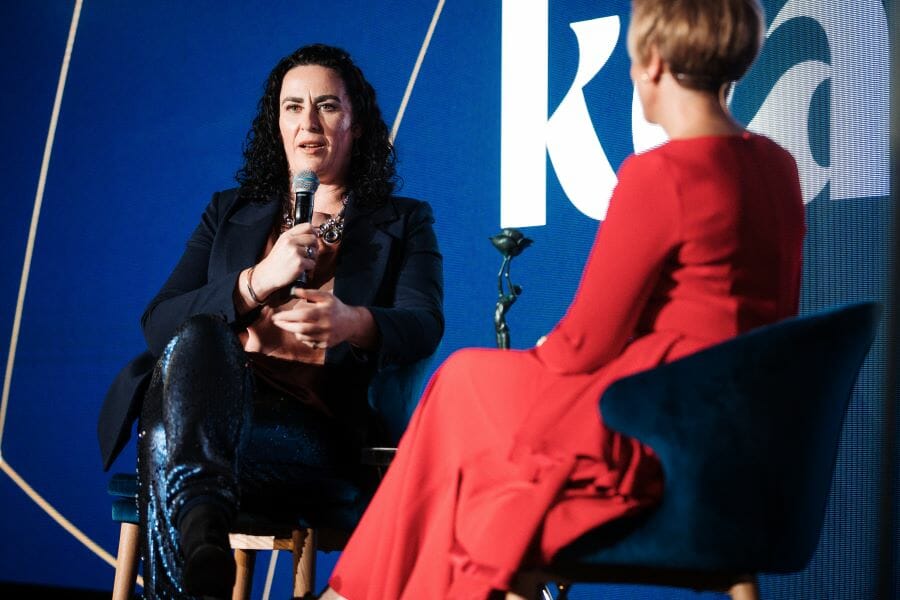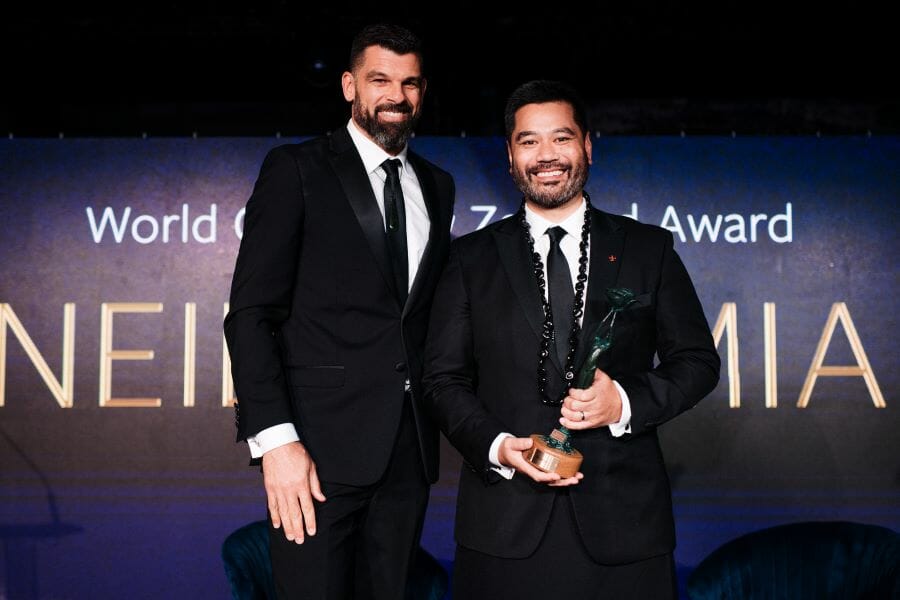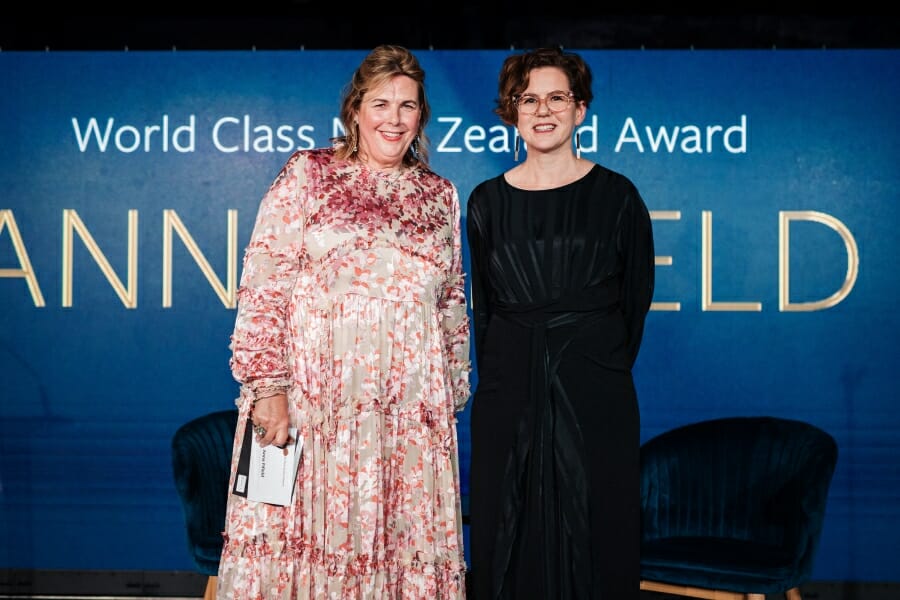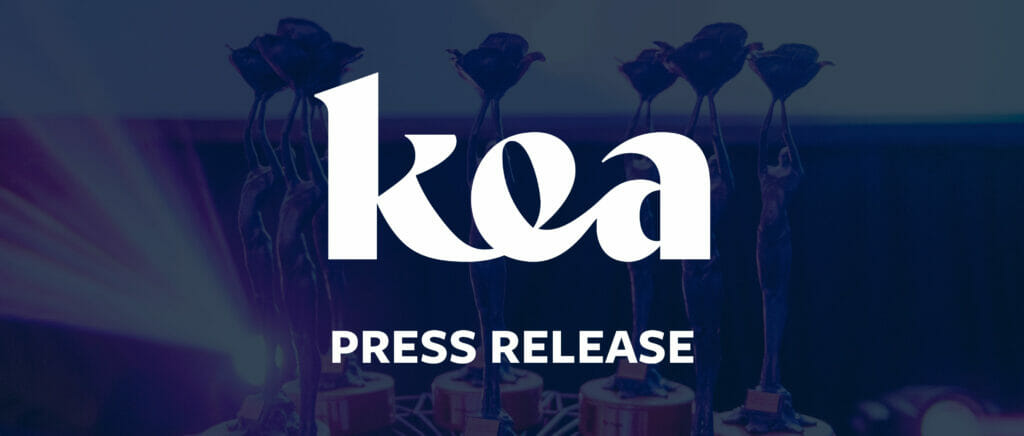A prolific publisher across international journals and widely respected, Prof. Le Gros shows no interest in putting his feet up and taking it easy anytime soon.
Alongside his role leading the Malaghan Institute and it’s headline work in cancer immunotherapy and COVID-19 vaccine development, he has some audacious research goals of his own: to develop better treatment options for allergic and inflammatory diseases including coeliac disease, asthma, allergy, multiple sclerosis and inflammatory bowel disease.
What drives him? Changing health outcomes for people, both here and all over the world.
Prof. Le Gros believes the role New Zealand can play in the global development of cancer immunotherapies and vaccines is significant.
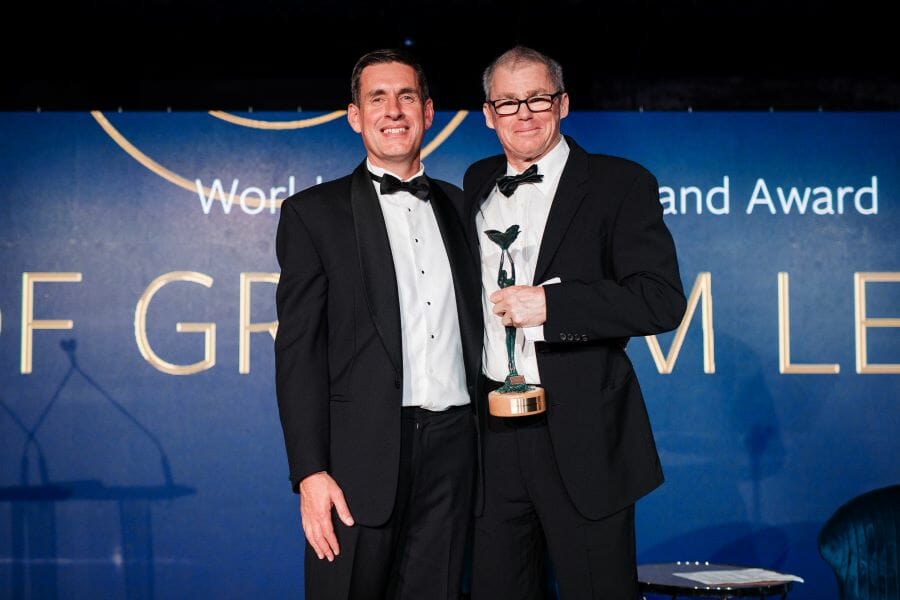
The Malaghan Institute is a partner in the Vaccine Alliance Aotearoa New Zealand – Ohu Kaupare Huaketo (VAANZ), part of the Government’s COVID-19 vaccine strategy, tasked with running a national vaccine development and evaluation platform to ensure ongoing access to safe and effective COVID-19 vaccines for New Zealand and our Pacific neighbours.
“I think that we need to start believing in ourselves. I think we’ve been caught flat footed, and we don’t have the science and technology base to be able to respond well.
“We used to make smallpox vaccine in the 1970s. And I think a key lesson is that we have to invest in our own infrastructure and people, so that we have capability to carry this off. We also have to be part of the international response network. Because we’re so vulnerable, and there will be more pandemics.
“We’re already doing that in the cancer space. Can we actually make cancer treatment discoveries here in New Zealand? Can we make cancer therapies here in New Zealand? I believe we can, and I think it’s just fantastic that we’re managing to get there now.”
In late 2019, the Malaghan Institute kicked off a New Zealand-first clinical trial of CAR T-cell cancer therapy, a revolutionary approach to fighting cancer, that redirects a patient’s own immune cells in the laboratory to identify and attack cancer cells when infused back into the body.
It comes off the back of many years of work by the Institute’s cancer research programmes investigating how to boost the immune system’s cancer-killing properties.
For Prof. Le Gros, harnessing the power of the immune system offers limitless potential for the future of human health. “The ability to dial the immune system up or down through natural means is taking us to unexplored territory that will transform and personalise the treatment of disease.”
His latest research is exploring the therapeutic potential of human hookworm with a trial that involves allowing a small number of hookworms to enter the human gut, where they take up residency in the small intestine.
Hookworms can stimulate a lot of clinically helpful responses but also suppress the human immune system to evade detection and persist in the body. It’s this ability that could offer “huge therapeutic potential”, dampening down harmful immune responses in their human host .
“There are so many people suffering from gut issues, ulcerative colitis, inflammatory bowel syndromes… even a small dose of it takes their life away and they live in misery.
“This hookworm therapy approach is one we’ve developed after more than 20 years of research, and it may actually bring some relief to some people. So, success would be developing an approved therapy that helps people get their lives back.”
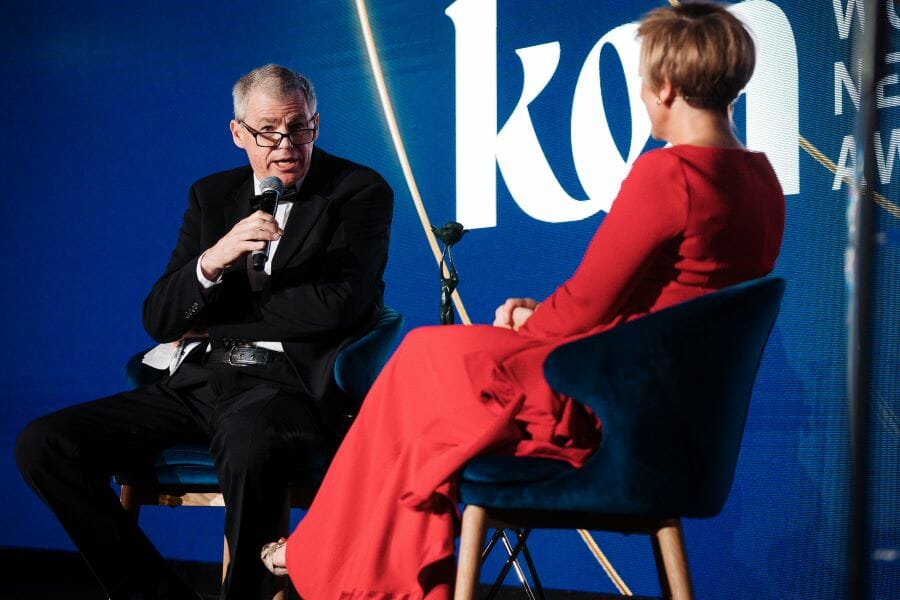
He is grateful to those great Kiwis who went before him, such as Professor Jim Watson and Professor John Marbrook, his PhD supervisors at the University of Auckland.
“If you’re a decent human being and show that you want to work hard and help others, you can join this international network of really motivated people across these global white-hot centers of excellence. So, I could stand on the shoulders of giants and then move on.
“The support I’ve received from wonderful people overseas in helping New Zealand grow and develop its infrastructure and capability around infectious diseases and immunology is incredible.
“I hope I can do the same for the people that I’ve trained and developed here in New Zealand.”
“We are privileged to have a whole lot of fantastic PhD students who are trained and developed here in New Zealand. And they’ve gone around the world, Australia, Canada, the United States, Europe, Japan and the United Kingdom. And that speaks to the value of that network.”
What makes New Zealanders internationally capable?
“We’re a small nation… in New Zealand you’ve got to do a lot of things yourself. We tend to be… I don’t like to call it Jack-of-all-trades, but we seem to be able to cover a lot of areas. So that becomes very useful when managing and driving things forward. Especially in the overseas environment, we have a very pragmatic, down to earth approach. We can ignore a lot of the issues that can divide people in different countries and just get down to doing the job.”
Prof. Le Gros was made a Companion of the New Zealand Order of Merit in 2014 and has received a number of national and international awards. We are adding one more to the sideboard, conferring on him the title of ‘World Class New Zealander’.

 MENU
MENU

